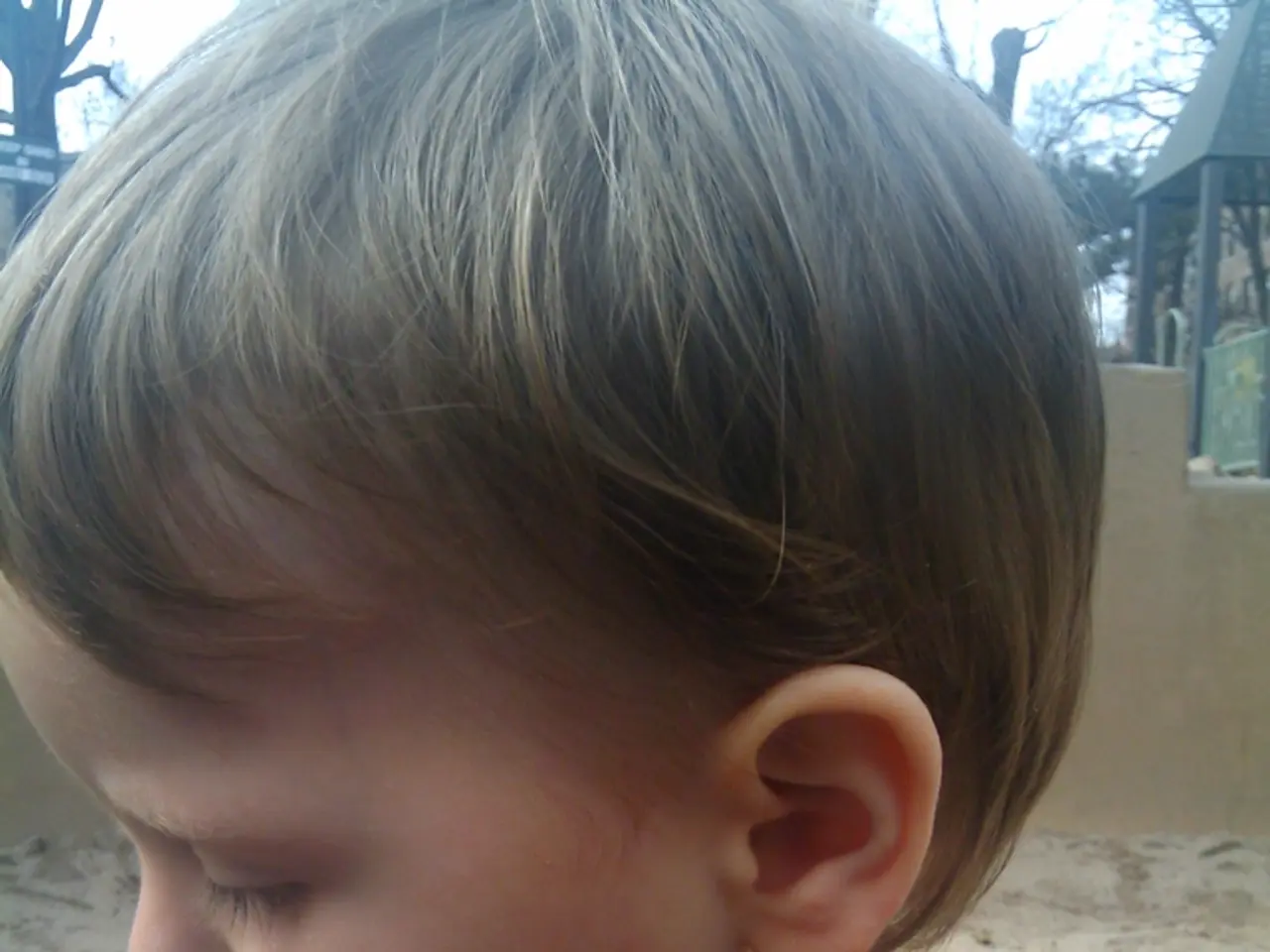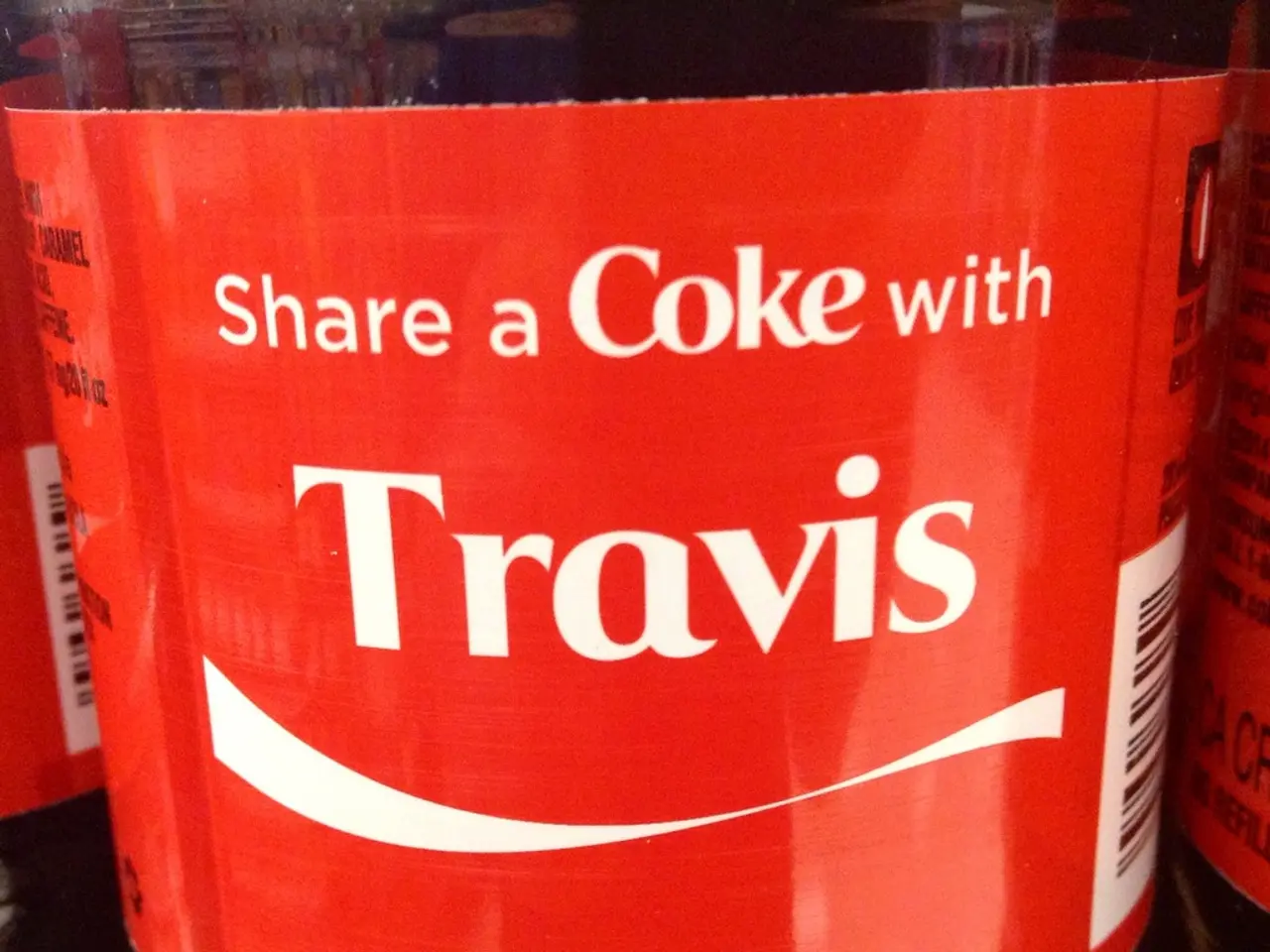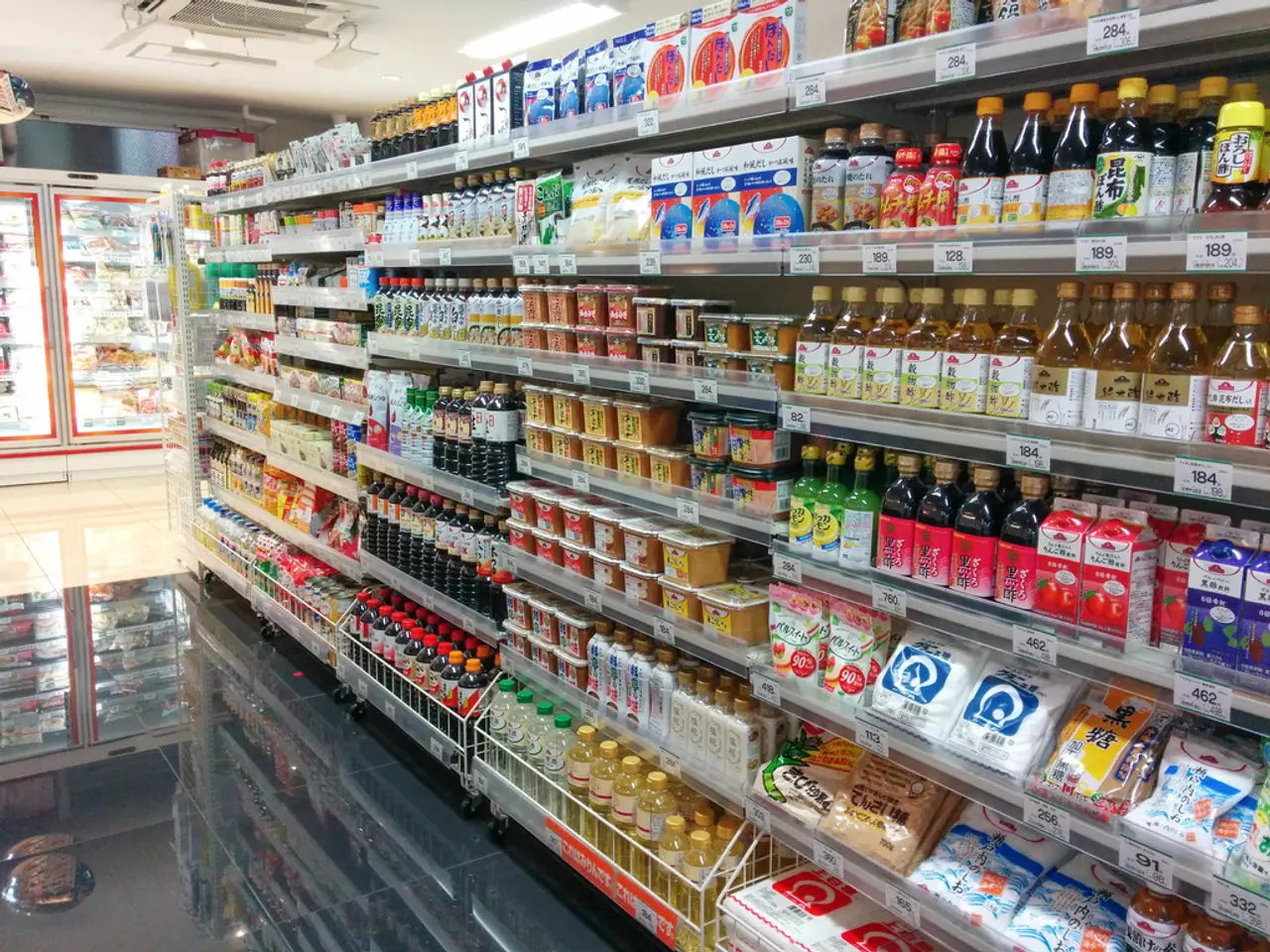Significant Milestones in Early Childhood Growth: What to Focus On
Child development is a fascinating journey that broadly covers physical, cognitive, social, emotional, and language growth. At each stage, parents can support their child's progress through responsive interaction, safe exploration, and guided learning.
Infants (0–12 months)
Infants go through various milestones during this stage. They learn to lift their heads, roll over, sit without support, and begin to crawl or scoot. Cognitively, they start to recognise familiar faces and explore objects. Language development includes cooing, babbling, and saying simple words like "Mama" or "Dada" by one year. Socially and emotionally, infants form secure attachments, show stranger anxiety, and respond to facial expressions [1][3][4].
To support infant development, parents should respond promptly to the baby's needs to build trust and emotional security. Engage through talking, singing, playing interactive games like peekaboo, and provide a safe environment for exploration [1][3][4].
Toddlers (1–3 years)
Toddlers are full of energy and curiosity. They walk independently, run, climb, and develop fine motor skills such as holding crayons. Language skills rapidly expand, with toddlers forming simple sentences. Socially, they play alongside others (parallel play), beginning social interactions. Emotionally, they show increasing autonomy and manage separation anxiety [1][2][4].
Parents can encourage safe exploration and offer choices to foster decision-making skills and autonomy. Engage in play that stimulates language and social skills, and provide consistent routines for emotional regulation [1][2][4].
Preschoolers (3–5 years)
Preschoolers improve their coordination for running, jumping, and throwing. Cognitive skills develop further, with more complex problem-solving and understanding cause and effect. Language skills advance, with children using complete sentences, storytelling, and understanding grammar. Socially, they engage in cooperative play, share, show empathy, and regulate emotions better [1][2][4].
To support preschoolers, provide opportunities for creative play and social interaction. Read together to enhance language and cognitive skills, and support emotional growth by acknowledging feelings and modeling empathy [1][2][4].
Parents supporting growth at each stage benefit from creating nurturing environments that respond to their child’s needs, encourage exploration, promote language and social interaction, and maintain consistent routines for security and predictability. Regular developmental monitoring through pediatric visits helps identify and address any delays early [1][4].
Special Programmes for Child Development
BBMA offers programmes tailored to each stage of child development. Their infant program provides individualized care, personalized tummy time sessions, one-on-one interactions, sensory experiences, a language-rich environment, and consistent caregivers to support infant development.
For toddlers, BBMA provides safe, engaging environments, movement activities, language-rich interactions, simple social games, and sensory experiences to support toddler development. Their program for twos offers language-rich classroom environments, self-help skill practice, early literacy activities, sensory and art experiences, and guidance strategies to support two-year-old development.
The program for threes provides guidance in friendship skills like sharing, turn-taking, and problem-solving. It also includes group projects that build collaboration skills, creative arts opportunities, and early literacy and math activities embedded in play experiences.
For four-year-olds, BBMA's program offers project-based learning that builds critical thinking and persistence, executive function practice through games and activities, preparation for kindergarten routines and expectations, and social skill development through collaborative activities.
Parents can support their child's development at home by reading daily, talking about letters, sounds, and story elements; arranging playdates to practice social skills; creating opportunities for decision-making and problem-solving; and practicing self-help skills like buttoning, zipping, and tying.
References: [1] Zero to Three (2021). Child Development. Available at: https://www.zerotothree.org/resources/1688-child-development [2] National Association for the Education of Young Children (2021). Developmentally Appropriate Practice. Available at: https://www.naeyc.org/resources/topics/developmentally-appropriate-practice [3] American Academy of Pediatrics (2021). Caring for Your Baby and Young Child: Birth to Age 5. Available at: https://www.healthychildren.org/English/ages-stages/baby/Pages/default.aspx [4] Centers for Disease Control and Prevention (2021). Milestones: Developmental Milestones. Available at: https://www.cdc.gov/ncbddd/actearly/milestones/index.html
- In the infant stage (0–12 months), parents can create a language-rich environment, offering personalized tummy time sessions and engaging in interactive games like peekaboo to support infant development, as provided by BBMA's infant program.
- For toddlers (1–3 years), BBMA offers safe and engaging environments with movement activities, language-rich interactions, and simple social games that correspond to the toddler program, supporting the development of autonomy, social skills, and language.
- To foster the development of preschoolers (3–5 years), BBMA provides project-based learning experiences that build critical thinking, executive function practice for kindergarten readiness, and opportunities for collaboration and self-help skill practice.
- To complement child development programs, parents can engage at home by reading daily, creating playdate opportunities for social skills practice, offering decision-making and problem-solving activities, and encouraging self-help skill development like buttoning and zipping.




